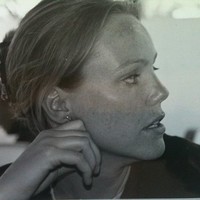This course is fully booked (no waiting list)
This course in applied conversation analysis introduces students to the rules of talk-in-interaction and explores how these rules are used in professional settings. In the first part of the course students will learn that talk is a collaborative achievement, and that speakers use turn taking and the sequential organisation of talk to make sense of one another, fix misunderstandings, and to challenge or align with other speakers. The second part of the course explores these interactional rules in a range of workplaces: education (e.g. how teachers design question and answer sequences in classrooms), psychology (e.g. how therapists manage to facilitate a perspective shift while supporting the emotional needs of clients); medicine (e.g. how doctors elicit the reason for the visit at the beginning of consultations), law (e.g. how ‘facts’ are talked into being in courtrooms); and journalism (e.g. how journalists pursue answers in political interviews). On completion of this subject students will understand the systematic practices we use to manage conversations and be able to analyse evidence to explain how speakers navigate professional interactions.
Exam info and full course description can be found in the course catalogue.
Course specific:
To apply for the course you must either be enrolled in a bachelor's degree, have a bachelor's degree or have passed a qualifying entry examination.
General:
Exchange students: nomination from your home university
Freemovers: documentation for English Language proficiency
You can read more about admission here.

External lecturer
Amelia Church is a Senior Lecturer in the Master of Teaching (Early Childhood) in the Melbourne Graduate School of Education. Amelia holds a PhD in Linguistics from Monash University and published this research in the Ashgate series 'Directions in Ethnomethodology and Conversation Analysis' in the 2009.